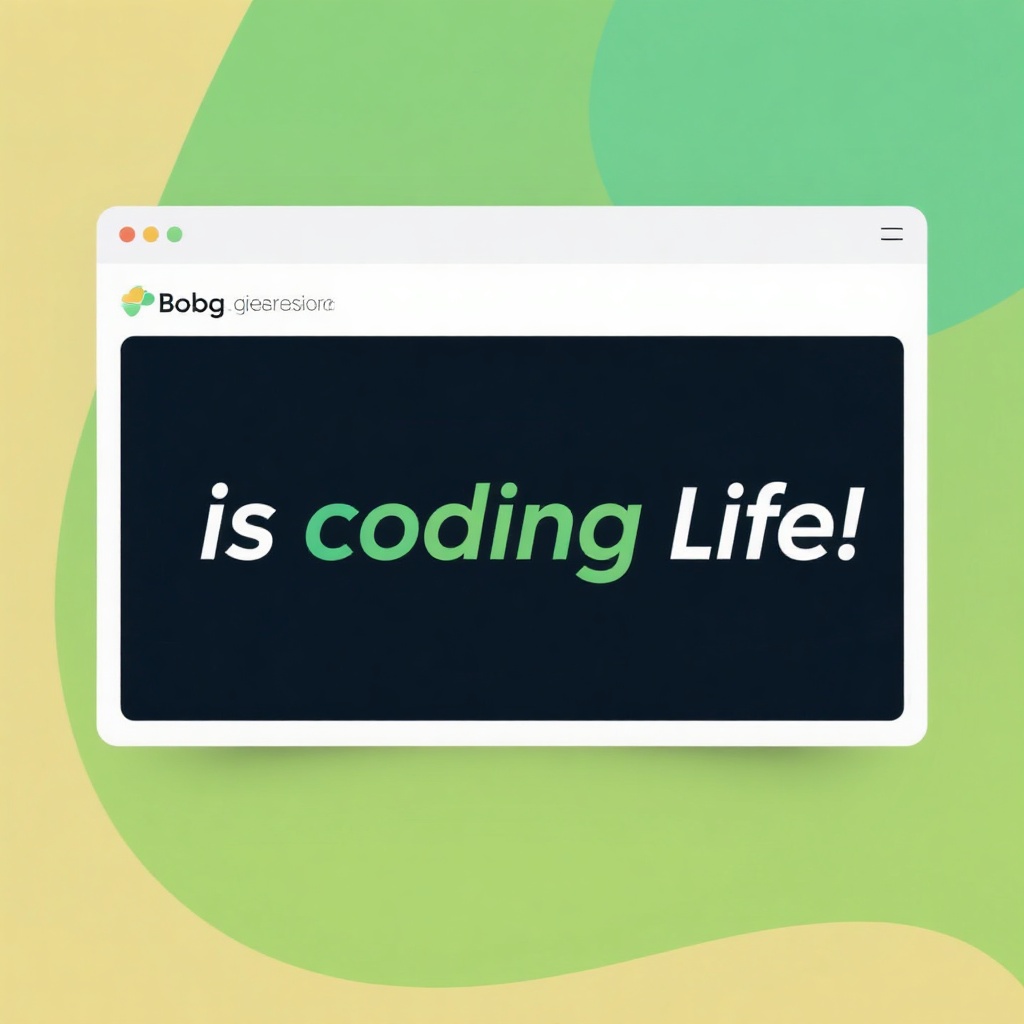Is Coding Life? Non-Coding Tech Career Paths That Can Lead to Success
Many students and beginners think that learning to code is the only way to build a successful career in tech. While coding opens many doors, it’s not the only path to success.
In this blog, let’s explore non-coding roles in the tech world that still offer good salaries, career growth, and exciting work—without needing to write programs daily.
Why People Think Coding is Everything
- The popularity of software development, app development, and web development creates the belief that coding skills are a must.
- Social media often highlights programmers and developers, making coding look like the only career in tech.
- However, tech companies also need designers, analysts, testers, marketers, and managers to function.
Non-Coding Tech Career Paths
1. UI/UX Designer
- Focus: Designing how websites and apps look and feel.
- Tools: Figma, Adobe XD, Sketch.
- Skills: Creativity, design thinking, user experience principles.
- No programming required.
2. Product Manager
- Focus: Managing product development from idea to launch.
- Tasks: Planning features, coordinating teams, understanding customer needs.
- Skills: Communication, basic tech knowledge, leadership.
- No coding needed (but understanding tech helps).
3. Business Analyst
- Focus: Analyzing business processes and helping improve systems.
- Tasks: Data gathering, requirement documentation, communication between tech and business teams.
- Tools: Excel, SQL (optional), BI tools.
- Very minimal or no coding.
4. Digital Marketing Specialist
- Focus: Promoting products online through SEO, social media, and ads.
- Skills: Content writing, keyword research, social media management, Google Ads.
- Tools: Google Analytics, Search Console, SEMrush.
- Zero coding required.
5. QA Tester / Software Tester
- Focus: Testing websites, apps, and software to find bugs.
- Tasks: Manual testing, writing test cases, reporting issues.
- Optional: Automation testing (uses tools like Selenium).
- Minimal or no coding required in manual testing.
6. Technical Writer
- Focus: Writing manuals, documentation, and guides for software products.
- Skills: Good communication and writing skills.
- Tools: MS Word, Markdown editors, or documentation tools.
- No coding required, but basic understanding of products helps.
7. Cloud Support / IT Support / System Admin
- Focus: Managing servers, cloud systems, networks, and technical support.
- Tasks: Troubleshooting systems, maintaining infrastructure.
- Skills: Networking basics, Linux, cloud tools.
- Often no programming, though scripting knowledge can help.
8. Cybersecurity Analyst (Entry Level)
- Focus: Protecting systems from cyber threats.
- Tasks: Monitoring threats, analyzing vulnerabilities, improving security.
- Tools: SIEM tools, firewalls, antivirus software.
- Basic coding optional for higher roles, but entry-level roles often don’t require it.
Conclusion
Is coding life? No.
Coding is just one of many possible skills in the tech industry. You can still work in a tech company, earn well, and grow your career—even without being a programmer.
So, choose your career path based on:
- Your interests (creative, analytical, management, support).
- Your long-term goals (do you want to work on products, with customers, or with data?).
- What you enjoy doing daily.
If you don’t love coding, don’t force yourself. Many non-coding roles are waiting for you in tech.


Comments
Post a Comment